Nothing about my new (postpartum) life is feeling “normal” just yet, and that includes my reading life. While I’m still trying to find a good rhythm with my reading, I’ve managed to fit in a decent number of books including a number of very successful titles. Let’s get to the reviews!
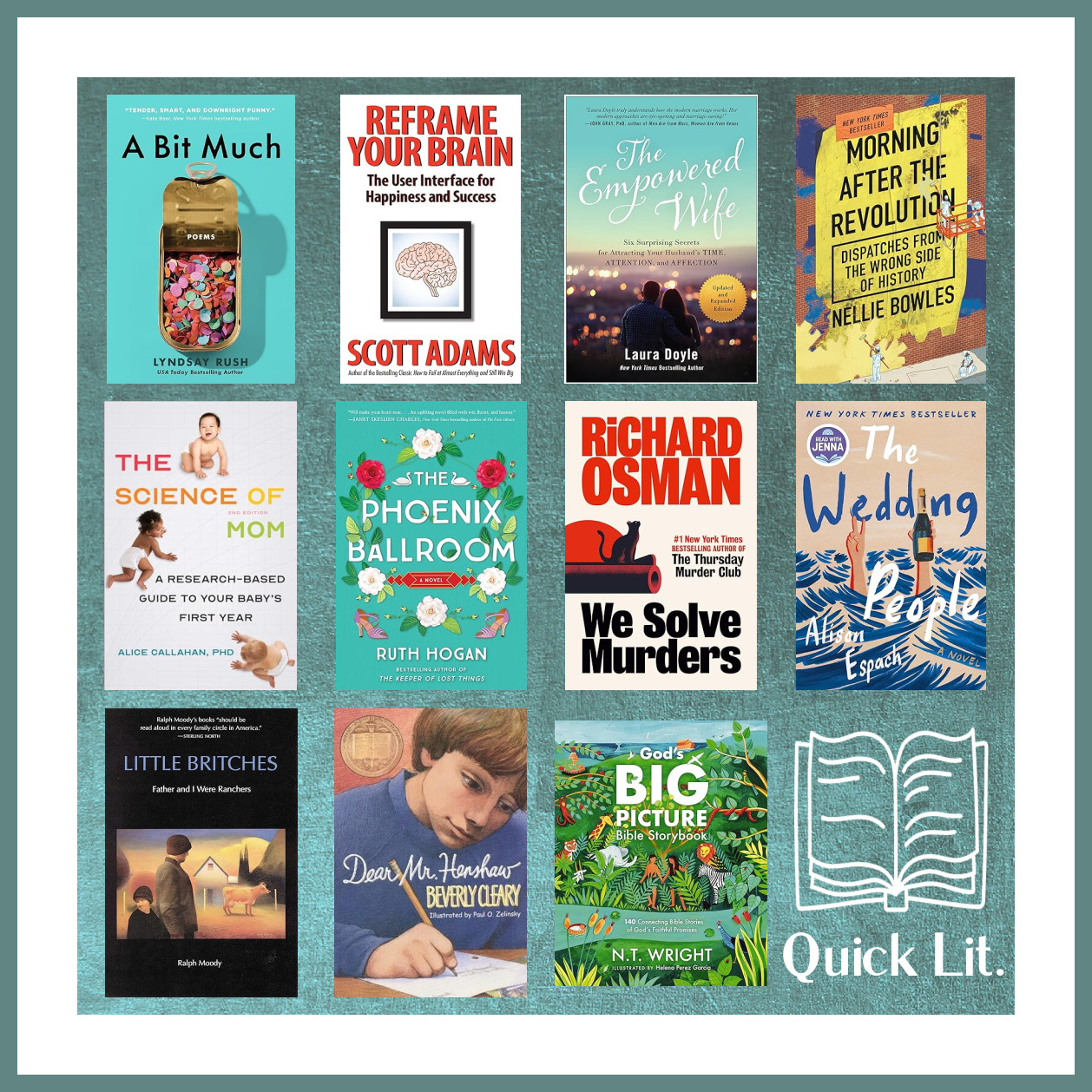
NONFICTION
Reframe Your Brain: The User Interface for Happiness and Success, by Scott Adams: I experienced intense insomnia in the final weeks of my pregnancy with Nico. At first I was frustrated by my inability to sleep at a time when I was so uncomfortable and physically exhausted. But after a few weeks of restless nights, I embraced my new sleep(less) rhythms and began to see these bouts of insomnia as bonus free time in which to pray or read or solve crosswords on my phone. This simple mental reframe of seeing my wakefulness as a blessing and not a burden made that season much more tolerable, and it’s just one example of the many REFRAMEs that have proven invaluable for me across the years.
In Reframe Your Brain, Scott Adams (a trained hypnotist and persuasion expert best known as the creator of the Dilbert cartoon series) teaches readers how to utilize the skill of reframing to enhance happiness and success. The book offers up more than 160 helpful reframes across the categories of personal fulfillment, business and career success, mental health, social activities, and physical well-being. The reframes are “easy to learn, easy to remember, often influential, and portable,” and they are designed to help program our brains to form new responses to common scenarios.
Adams has a unique knack for objectivity, and his idea of reframing will likely be more relevant for individuals who are more rational than emotional. Despite my own tendency towards emotionalism, and in spite of my many quibbles with Adam’s agnostic world view (he has some very unorthodox ideas about issues I care deeply about, such as marriage and faith and the existence of absolute truth), I found Adam’s concept of reframing—and many of the specific reframes themselves—incredibly useful. The reframes related to navigating social situations and conquering mental health issues were particularly helpful.
This is a quick, engaging, and actionable guide for anyone needing help overcoming a specific hurdle or simply looking to boost cognitive and coping skills. Not every reframe will be needed or helpful for every reader, but all readers are sure to find at least a handful of useful new ways for conquering personal hangups.
I listened to the audiobook and enjoyed that format but am glad I followed along on the Kindle for the visuals of the included Dilbert comics.
My Rating: 4 Stars // Book Format: Audiobook (followed along on Kindle)
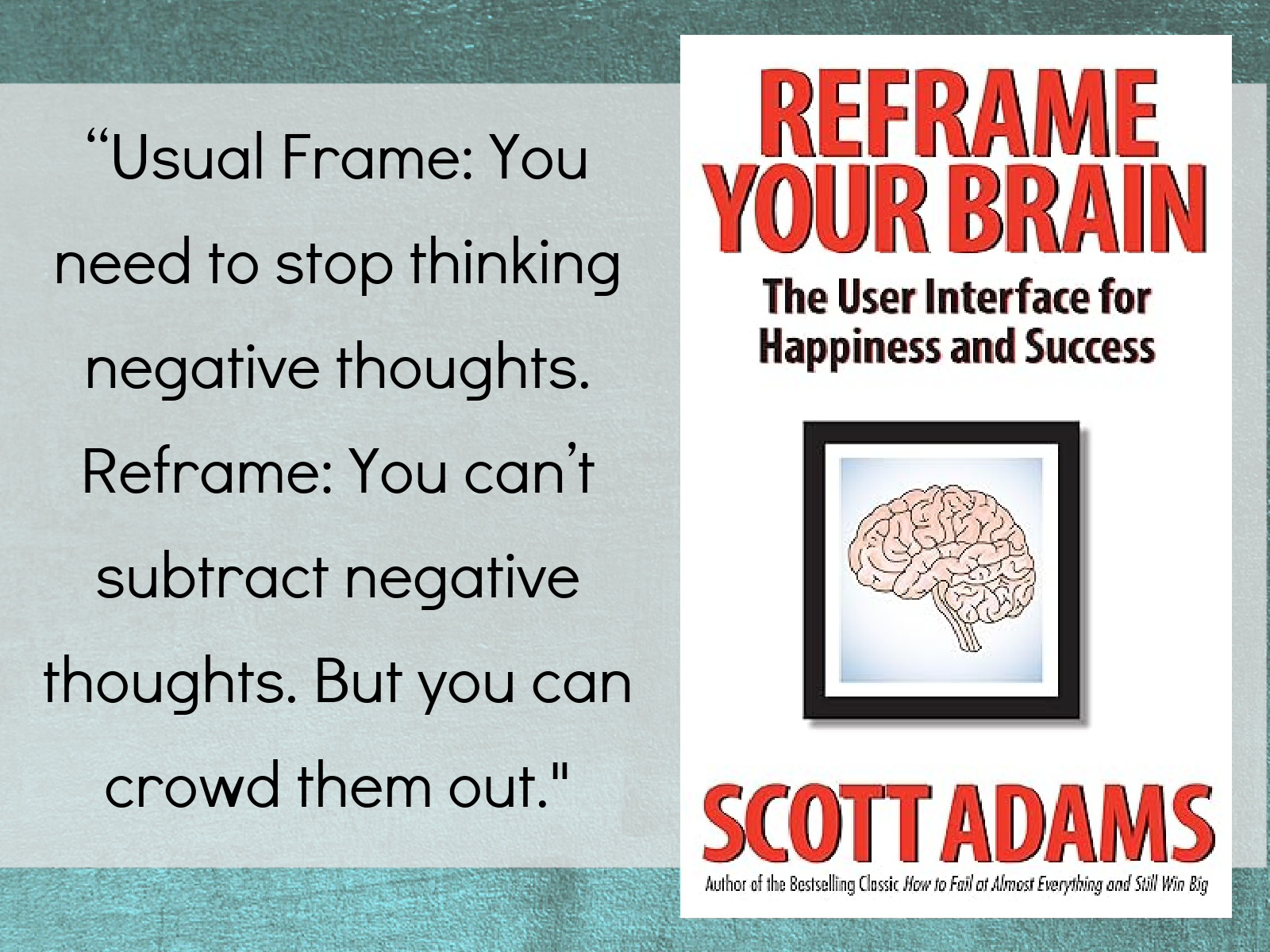
Morning After the Revolution: Dispatches from the Wrong Side of History, by Nellie Bowles: Nellie Bowles was a lifelong Democrat living out her dream of working as a reporter for the New York Times. But her rosy view of her own political party grew tainted in 2020 when it became clear that the progressive movement she’d long supported was no longer helping those it claimed to be lifting up. For a while, Bowles went along with the narrative for the sake of keeping her job and preserving her friendships, but soon her journalist’s heart would no longer allow her to remain silent. Despite the certain cancellation that would be her fate for speaking out, Bowles began seeking the truth.
In Morning After the Revolution, Bowles reports on the “absurd drama of a political movement gone mad,” exposing wokeism for all of its hypocrisies and flaws. From “toxic whiteness” and its apologists, to men posing as women, movements to abolish the police, efforts to normalize homelessness, and the radically brutal nature of cancel culture, Bowles sees it all and gives insightful play-by-plays of her findings from the frontlines. Her stories are often shocking and frequently humorous in the “laugh so you don’t cry” sort of way, and though the movement (and especially its rapid takeover of mainstream journalism) is somewhat frightening, Bowles’ willingness to engage the madness is encouraging—because if someone as “bought in” as Nellie Bowles is able to see through the lunacy of extreme woeness, perhaps there is a glimmer of hope on the horizon.
I’m a fan of Nellie Bowles and the work she and her wife Bari Weiss are doing through their work at The Free Press. We do not see eye to eye on many (if not most) political issues, but I appreciate her integrity, curiosity, and unflinching pursuit of the truth, even when that pursuit had dire consequences for her reputation and career. I hope her path will inspire others like her to set aside bias for the sake of honesty. We need more reporters like Nellie Bowles and more nuanced and refreshingly nonconformist books like this one!
My Rating: 4 Stars // Book Format: Audiobook
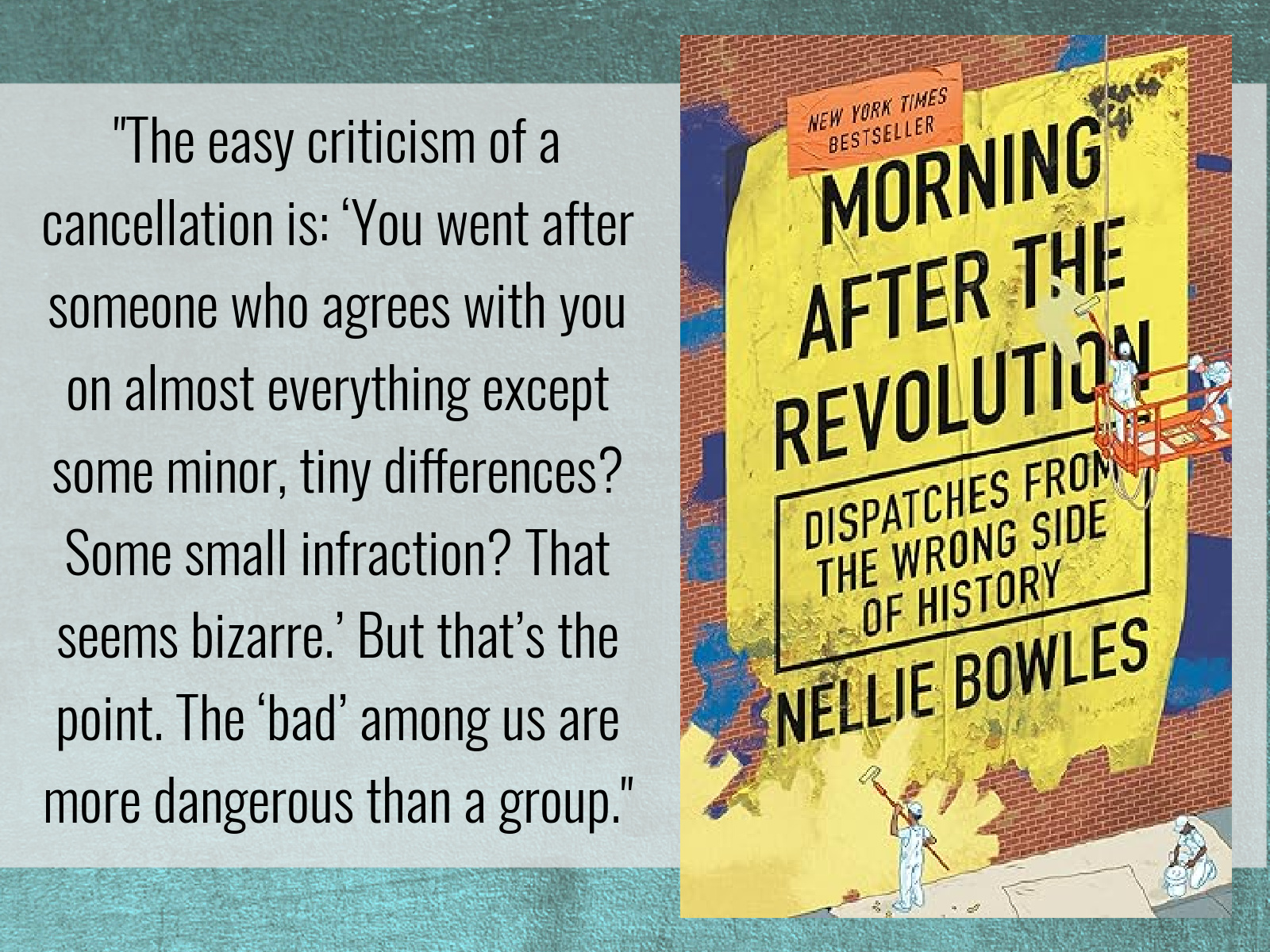
The Science of Mom–A Research-Based Guide to Your Baby’s First Year, by Alison Callahan: If there is one universal of parenting, it’s that there will be a LOT of decisions. Before a baby is even born, parents are already making decisions about various procedures and practices, and those decisions just keep coming once baby arrives (and beyond). Four kids in, I’ve learned that the best approach (for me) is to read broadly about my options and then follow my gut to make final decisions. This has served us well in everything from feeding styles to discipline tactics, and while I am confident in (most of) our decisions with our older three, I want to continue to make wise decisions with Nico and not simply do what we’ve always done for the sake of convenience or familiarity. To that end, Luke and I have been doing quite a bit of reading about various Big Decisions, and I decided it was time to revisit the updated version of this book I read when Charleston was a baby.
Written by a science writer who wanted to apply her vast experience in scientific study to her new role as Mom, this book addresses some of the most important decisions new parents face, from sleep training and vaccinations to breastfeeding, introducing solids, and determining where (and how) baby should sleep. With each chapter, Callahan presents the latest scientific research along with tips on how that research can be interpreted and applied. Though the content is science-based, Callahan’s writing style is casual and conversational, and she brings in a human element with stories from her own parenting choices. Her advice is thoughtful and nonjudgmental, and her measured explanations take much of the fear and unknowns out of these sometimes thorny issues as she empowers parents to make the best decisions based on the available information.
It was interesting to return to this book having already parented three other babies, as I could see how my previous reading informed some of our decisions. There was quite a bit of information I’d forgotten and that I enjoyed rereading (the chapter on observing our babies’ development—from the progression of their vision to their natural reflexes—is an especially fascinating read). There are a number of changes in this updated 2021 edition (that I was able to notice as I was listening to the updated version while following along in the original version on my Kindle). I appreciated the inclusion of updated scientific studies as well as Callahan’s new insights since having her second child in the past few years. Other changes were less welcome, including the new “woke” tone that adopts language such as “birthing parent” (as opposed to “mother”) and overemphasizes issues such as race and climate change. I also wonder how the author’s commentary on the COVID pandemic will hold up (it already feels quite dated just three years out).
While Callahan arrives at different conclusions from Luke and me on some of her own decisions, I am so glad to have this book as a resource and would recommend it to every new (or new-again) parent hoping to make wise, research-backed decisions without having to sort through lots of fear-based rhetoric.
My Rating: 4 Stars // Book Format: Audiobook (followed along on Kindle)
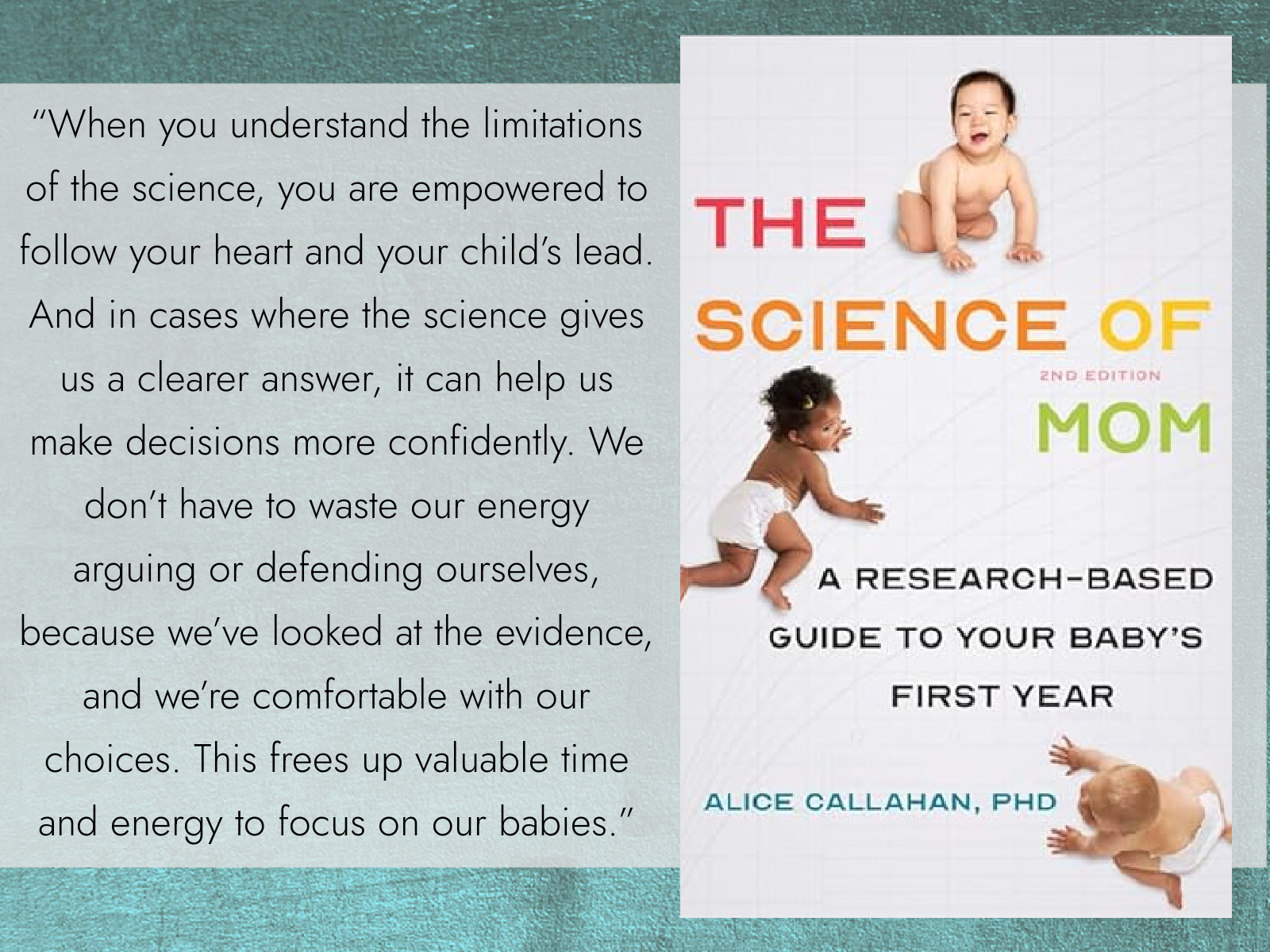
The Empowered Wife: Six Surprising Secrets for Attracting Your Husband’s Time, Attention, and Affection, by Laura Doyle: I’m a big fan of marriage—both the institution and my own. Luke and I are in a great place right now, but when a blogger I love mentioned that this book was changing her life, I was intrigued and had to read for myself!
Laura Doyle is now an internationally recognized marriage coach, but there was a time when she didn’t think her own marriage would survive. Desperate to avoid divorce, she turned to the advice of the happily married women in her life, and though their ideas surprised her, she began implementing their suggestions and saw immediate improvement in her relationship. In The Empowered Wife, Doyle outlines six intimacy skills that have been transformative for Doyle and the countless women she’s coached.
These skills—1) Replenish your spirit with self-care, 2) Restore respect, 3) Relinquish control of your man, 4) Receive!, 5) Reveal your heart with vulnerability, and 6) Refocus your view with gratitude—are practical, counterintuitive, and designed to give women agency in our relationships while ultimately restoring harmony, tenderness, and fulfillment in our relationships.
There is much to commend in Doyle’s approach, particularly her recognition of the distinctions between men and women, her emphasis on gratitude and owning our own baggage, and her reminders to women to stop complaining about and to our husbands. The advice on learning to graciously receive (gifts, compliments, help) struck a cord with me, as did Doyle’s reminders to do and say less (this is true in parenting as well as marriage!). This isn’t an explicitly Christian book, but many of the principles are Biblical ones.
Though there’s much to like, I struggled with some aspects of this book that tends towards infantilization of husbands and is overly disparaging of marriage counseling. (I agree that counseling will not solve all marriage woes and can stir up more conflict than it solves, but I don’t see it as the great marriage-killer that Doyle paints it to be). I also grew annoyed with the constant pedaling of Doyle’s coaching programs and other resources: at times this felt too much like one long, too-gimmicky advertisement. For those looking for a book that takes a similar approach with less of the self promotion, I’d recommend looking into Dr. Laura’s books and podcast (which formed many of my own ideas on marriage before I was a bride myself).
My Rating: 3.5 Stars (Rounded to 3 Stars on Goodreads) Book Format: Audiobook
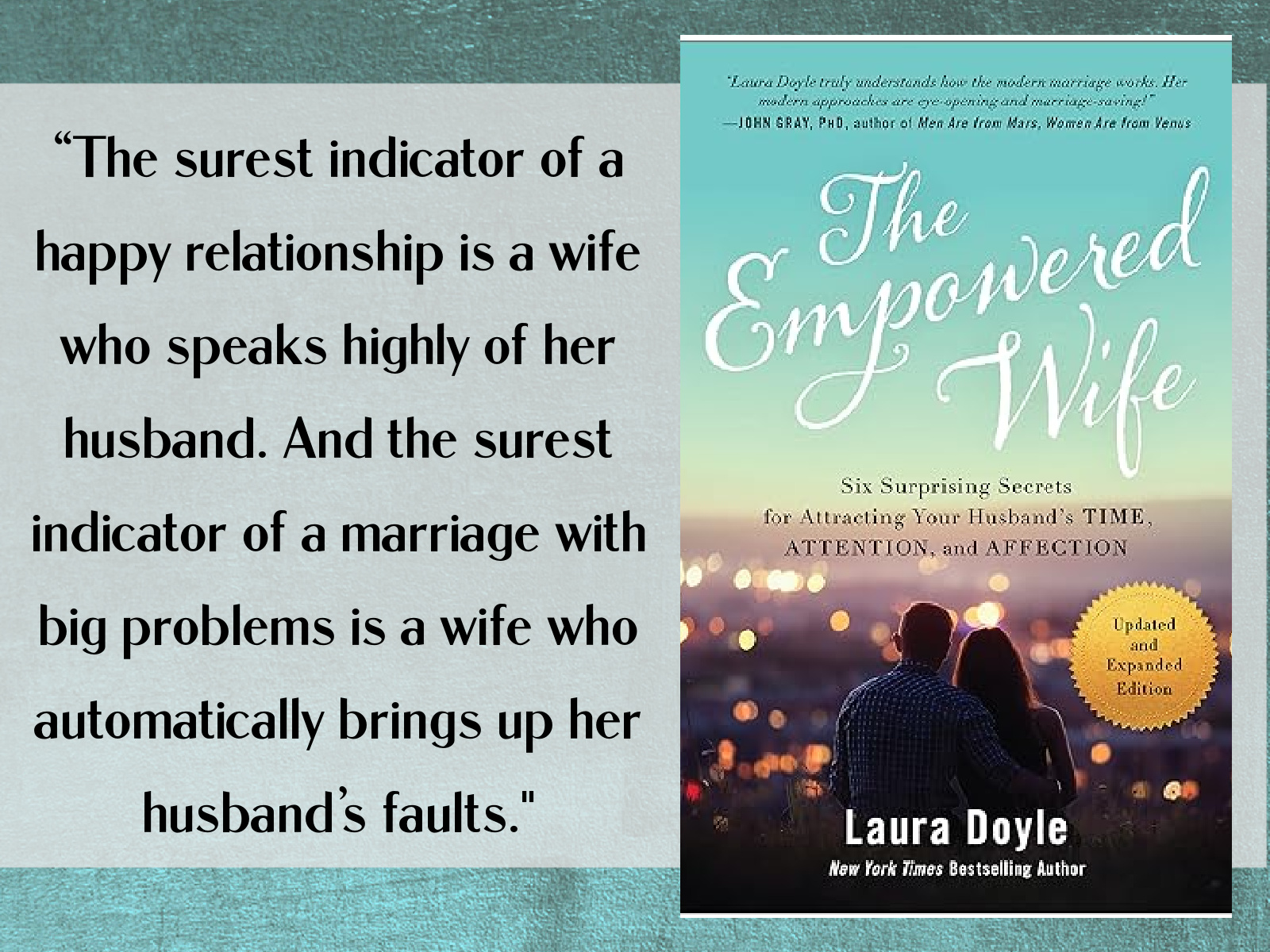
A Bit Much, by Lyndsey Rush: I’ve been dipping my toes into reading poetry in recent years, trying to get a feel for the types of poems I may like. And the style of Lyndsay Rush’s poems are exactly that: short, pithy, humorous, insightful, and culturally relevant. Unfortunately, while I loved Rush’s writing style and found a few of her poems (namely the more positive and hopeful ones) to be very relatable, I struggled with the irreverent tone, the vengeful anti-patriarchy messaging, and the harsh portrayal of Christians and the Church. This book is filled with the kind of #GirlBoss bravado that is the opposite of the Godly femininity I admire and endeavor to emulate, and reading works like this (that are seemingly the norm today) makes me sad for our present self-involved culture.
I learned about this collection through the That Sounds Fun podcast on which Annie interviewed Lyndsay, her long-time friend, and I was surprised and disappointed (given the recommendation source) by how far this strayed from a Biblical world view. A quick skim of the publisher’s summary would have alerted me to the secular/progressive nature of these poems; this is an instance when I definitely should not have gone in blind!
Despite my frustrations with the collection’s messaging, I can see that Rush has tremendous talent and am unsurprised by her popularity. I just wish that she would channel her artistic gifts and wisdom into poems that are a little more uplifting and a little less subversive.
My Rating: 2.5 Stars (Rounded to 3 Stars on Goodreads) // Book Format: Kindle
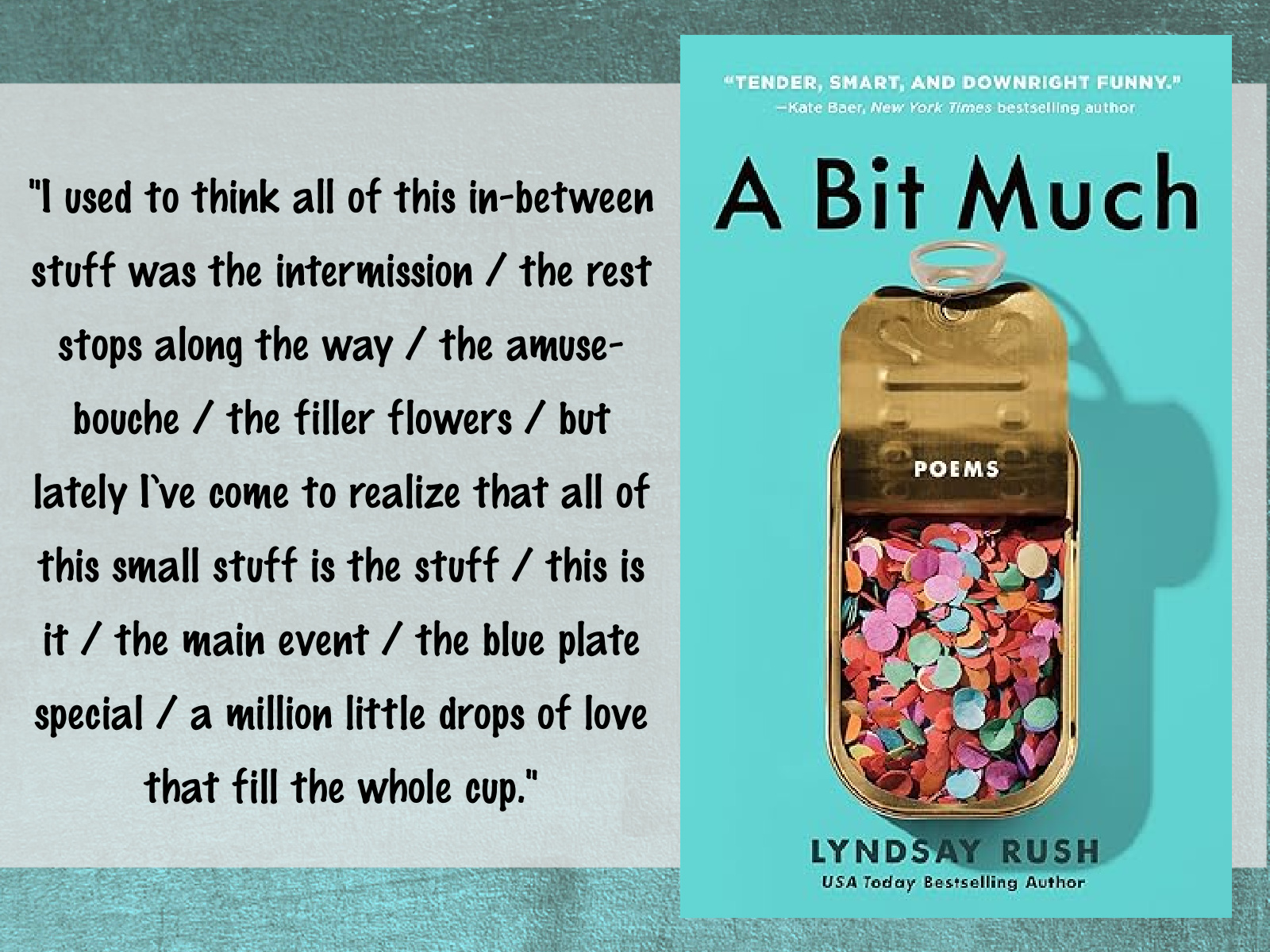
MIDDLE GRADE
Dear Mr. Henshaw, by Beverly Cleary: Sixth grade isn’t going well for Leigh Botts. Since the recent separation of his parents and a move to a new town, he’s struggling to make friends at school and is angry at whoever keeps steeling the good things his mom packs in his lunch bag. He misses his dad, a cross-country truck driver who rarely calls or writes home, and he hates the long lonely evenings at home while his mom works. To pass the time, Leigh begins writing to Mr. Henshaw, the author of a beloved children’s book. The two form an unlikely (and largely one-sided) friendship where Leigh can wrestle with his complicated emotions as he navigates fear, sadness, and ultimately hope.
This book that I first read as a child was my introduction to the epistolary novel—a genre that remains a favorite to this day. I was excited to revisit this story that meant so much to me with my own kids, and found that it hits a lot different as an adult reader. My childhood self recognized that this was sad; now I see how truly devastating aspects of this story are, yet I commend Cleary for her unrivaled ability to explore challenging topics with humor and the perfect balance of realism and whimsy. Poignant yet approachable, Dear Mr. Henshaw is a memorable title that begs to be discussed and is impossible to forget.
My Rating: 4.5 Stars (Rounded to 5 Stars on Goodreads) // Charleston’s Rating: 4.5 Stars // Book Format: Print
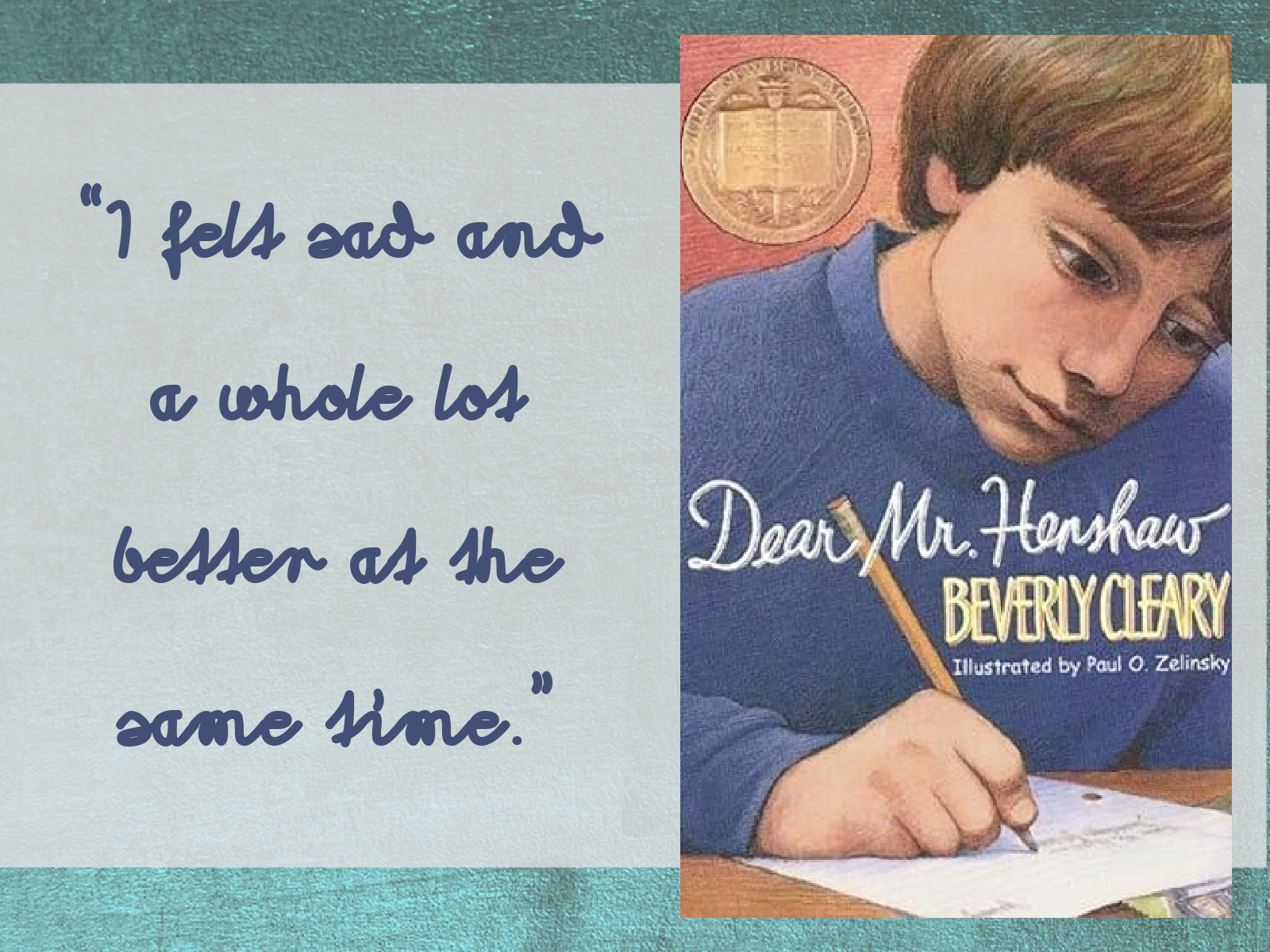
Little Britches, by Ralph Moody: In 1906, when Ralph Moody was eight years old, his family of seven moved from their city home in New Hampshire to start a Colorado ranch. It wasn’t an easy transition: the family faced irrigation wars, higher-than-expected costs on animals and other farming materials, tornadoes, and constant unknowns. But for young Ralph, this was a time of great adventure as he learned to ride a horse and rope cattle, befriended cowboys and one very special Indian, and navigated school conflicts, all under the watchful eye of his wise, compassionate father.
I love introducing my kids to stories like this one (the Little House and Grandma’s Attic books are other favorites) that expose them to a different time that was not that long ago but entirely different from our modern existence—stories that tell of hard work, kids who are given great agency but held to high standards, and families facing startling hardship but managing to experience joy and fulfillment.
This is a lovely story of one boy’s journey toward manhood, and most notably of the role his father played in that transition. Ralph’s father is full of sage wisdom, brilliant object lessons, and some wonderfully creative approaches to discipline. He’s the type of father every child would love to have, and every parent wants to be, and I’m glad that Ralph Moody chose to share him with his readers.
This book is a little less “reader friendly” than other similar books—wordier, overly detailed, at times a bit dry—and was not a favorite with my kids, but it sparked some good discussions that made for a positive read-aloud experience.
My Rating: 4 Stars // Charleston’s Rating: 3 Stars // Book Format: Print

God’s Big Picture Bible Storybook, by N.T. Wright: There are a lot of illustrated Bibles out there, and not all of them are created equal, with most offering little more than synopses of well-known Bible stories and some translating God’s Word into nothing more than a character study with moral lessons tossed in. This one is different: written by one of the top Bible scholars of our time, this collection of 140 engaging narratives introduces young readers to more than just the stories of the Bible, but their theological principles and implications as well.
I love that this Bible branches out from the better known stories of Scripture to include some that are more obscure, as well as many stories from Acts and overviews of each of the epistles (which are almost always overlooked in Bibles for children!). With each story, this Bible emphasizes God’s roles as both Author and Subject of all of Scripture, pointing to the overarching narrative of God’s love and path toward redemption that is unfolding from the time of Eden until Christ’s return. Each page includes the specific book and chapter of the Bible where that story can be found, and nearly every story ends with references to connected stories, highlighting parallels found throughout Scripture.
This Bible is written with children ages 6-10 in mind. I read it with my twins who were about to turn five at the time, and though the writing was advanced for them, the beautiful illustrations kept them engaged. I would highly recommend this Bible for families looking for a more in-depth follow-up to the Jesus Storybook Bible who are not quite ready to make the transition to the full Bible.
My Rating: 5 Stars // Book Format: Print

FICTION
The Wedding People, by Alison Espach: When 40-year-old Phoebe hits rock bottom following a string of personal and professional heartbreaks, she abandons her Missouri home, catches a one-way flight to Newport, Rhode Island, and checks in to the luxurious Cornwall Inn for what she intends to be the last night of her life. But Phoebe’s plans for the perfect suicide are derailed when she’s mistaken as one of the wedding people who have descended upon the hotel for a week of five-star festivities. Layla, the vibrant young bride, is determined that nothing interfere with her big event and manages to coerce Phoebe into postponing her suicide and joining the wedding party instead. What follows is a week in which Phoebe awakens—possibly for the first time—to her own life while helping various members of the wedding party (particularly the bride and groom) reevaluate their lives, intentions, and dreams for this week and their future together.
This book—one of many I’ve read recently that happens to center around a 40ish woman in the midst of a divorce—got off to a slow and morbid start, and I nearly abandoned it around the 10% mark. A skim through reviews from several trusted readers assured me that the story would take a turn, and I’m glad I saw it through to the end as I was ultimately treated to a humorous and life-affirming story that offers poignant commentary on grief, healing, family dynamics, intergenerational friendship, the usefulness of a nonthreatening outsider for shaking up a group dynamic, and the complicated balance of living authentically while managing inner and outer expectations.
Among this novel’s many selling points are the unusual premise, the complexity and depth of the characters, and the literary and philosophical elements that Phoebe’s job as an English professor brings to the story. I also enjoyed the Rhode Island setting, heavy use of metaphor, and wry banter. Unfortunately many of this book’s highlights were offset by its crassness, in the form of vulgar language as well as far too much disturbing sexual content. Of lesser annoyance, though still distracting, were some aspects of Espach’s prose—notably, an unusual approach to dialogue that alternates verbatim conversation with summaries of the talking points.
This is a beautiful story that effectively juxtaposes sadness with humor, quirkiness with wisdom, and absurdity with relatability. It won’t be for everyone, but I believe Espach has succeeded in writing a modern variation of the Jane Austen novels that feature so prominently in the life of Phoebe and in the pages of this book.
My Rating: 4 Stars // Book Format: Kindle
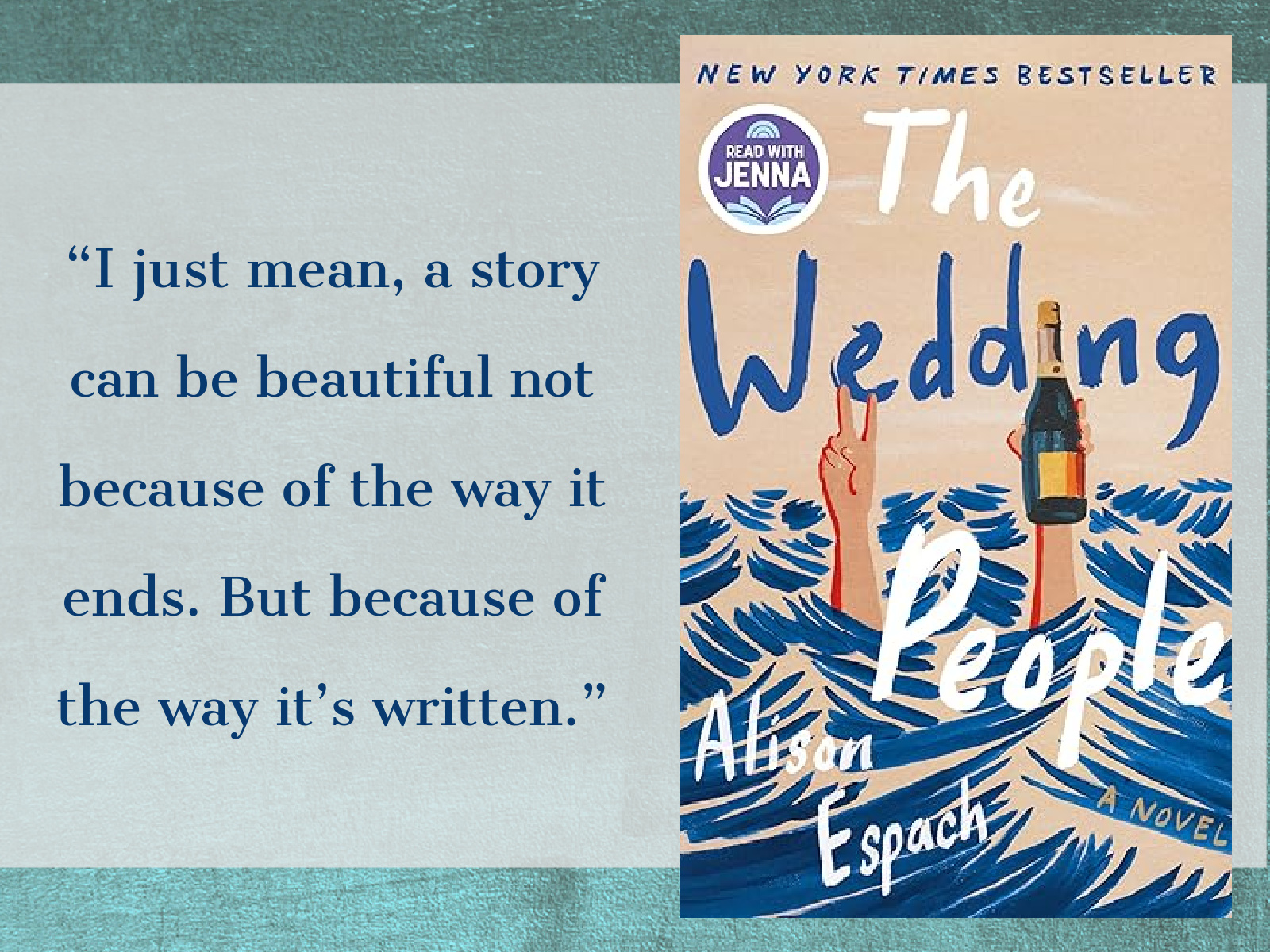
The Phoenix Ballroom, by Ruth Hogan: Venetia Hargreaves spent the last fifty years living as the dutiful wife to her husband, Hawk. Now he’s gone and she knows she will miss him, but only “in the way that one misses a comfortable cardigan that has shrunk in the wash and become too tight to wear.” At only seventy-four, she still has plenty of life ahead of her as well as the financial means to go for a second chance at the adventurous life she once dreamed of. Fresh off of a new makeover, Venetia fills her home with new companions including her precocious grandson Kite, a German Shepherd named Colin Firth, her outlandish sister-in-law Swan, and Liberty Bell, the “granny nanny” hired by her well-meaning but overbearing son Heron (the family apparently has a thing for birds). Together this multigenerational assortment of lost souls embarks on a journey of revival, newfound friendship, and rediscovered loves.
I rarely go into a book blind, but the intriguing title and lovely cover caught my attention during a perusal of recent releases on Libby, and a few chapters told me this was just the comfort read I was in the mood to read. I adored this eclectic but lovable cast of characters (especially Venetia’s grandson Kite who is funny, sensitive, and insightful and reminded me a lot of my own precocious nine-year-old), and I liked seeing an older protagonist who is multidimensional, spunky, and independent but also kind-hearted. I was intrigued by the subtle mystery surrounding Venetia’s past and her connections to the titular ballroom, and although the romantic storylines are pretty predictable, I enjoyed seeing so many characters find their happy endings without sacrificing their integrity along the way.
This is perfect for fans of All the Lonely People and How to Read a Book, two other feel-good “family-by-choice” stories that I loved this year.
My Rating: 4.5 Stars (Rounded to 4 Stars on Goodreads) // Book Format: Kindle
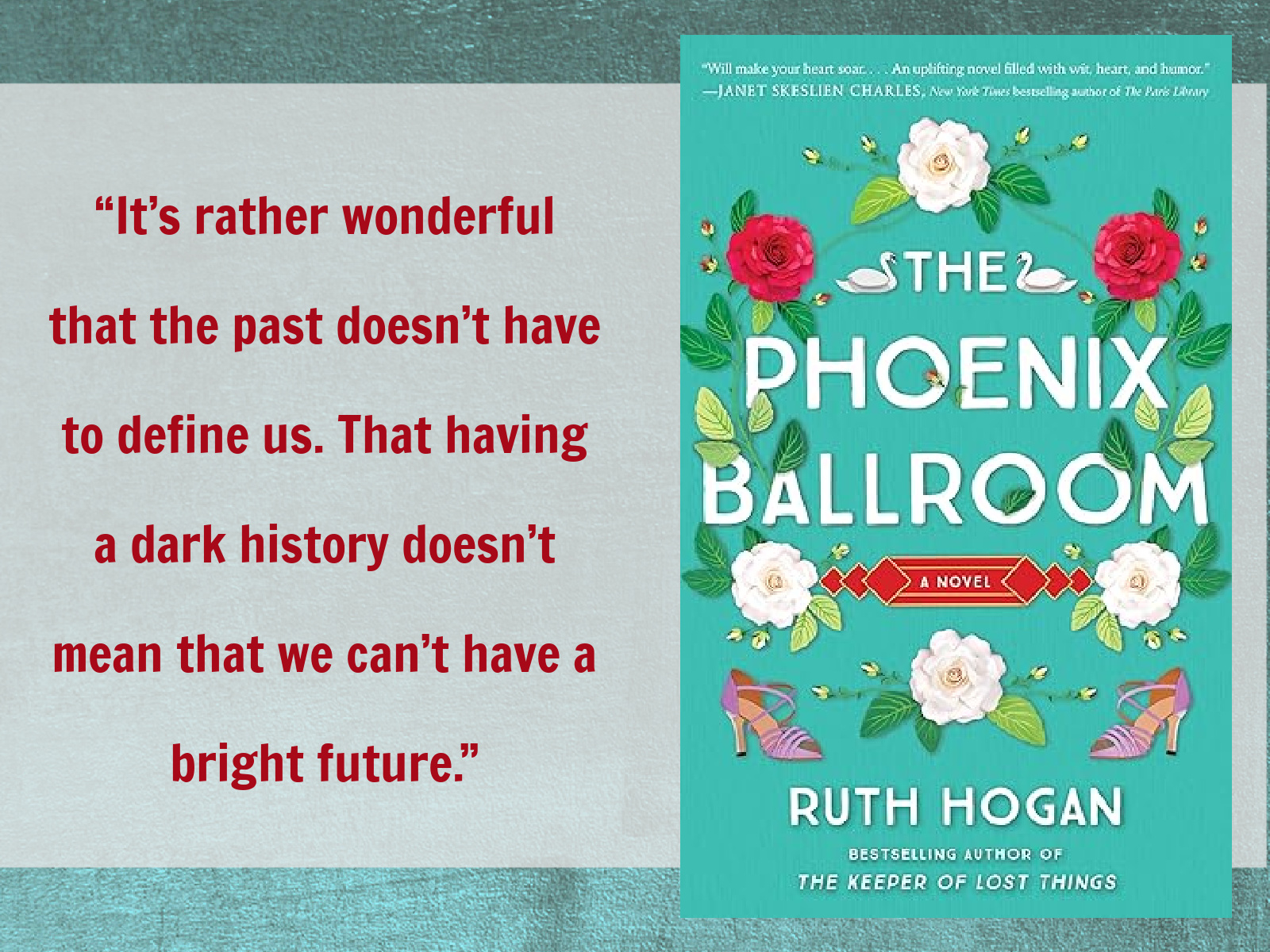
We Solve Murders by Richard Osman: As a body guard to the stars, Amy Wheeler is no stranger to assassins, intrigue, and heavy doses of adrenaline—much the opposite of her father-in-law, Steve, who is enjoying a quiet retired life in his cozy British village. Amy is currently on assignment on a private island, where she’s protecting best-selling author Rosie D’Antonio whose life is being threatened by a disgruntled Russian mobster, and when it becomes clear that Amy herself is now the target of a hit job, she reaches out to Steve as the only person she knows she can trust. Despite Steve’s reluctance to become involved in Amy’s high-stakes work, he loves his daughter-in-law and will do anything to protect her. Together this unexpected duo embark on a race around the world to track down a killer and uncover a billion-dollar trafficking scheme. They might even attract a few new friends (as well as plenty of enemies) along the way.
I was eager to dive into this new series from Richard Osman, whose Thursday Murder Club series is also a personal favorite. And it did not disappoint! I adored the characters, especially the unique pairing of father/daughter-in-law, and though the mystery is complicated and a little convoluted, I found the resolution incredibly satisfying. But this book’s biggest selling point is its witty banter and quirky British humor. Few authors can bring comedy into murder as Osman can, and he’s done so brilliantly with this novel. I can’t wait for more from this series!
My Rating: 5 Stars // Book Format: Print
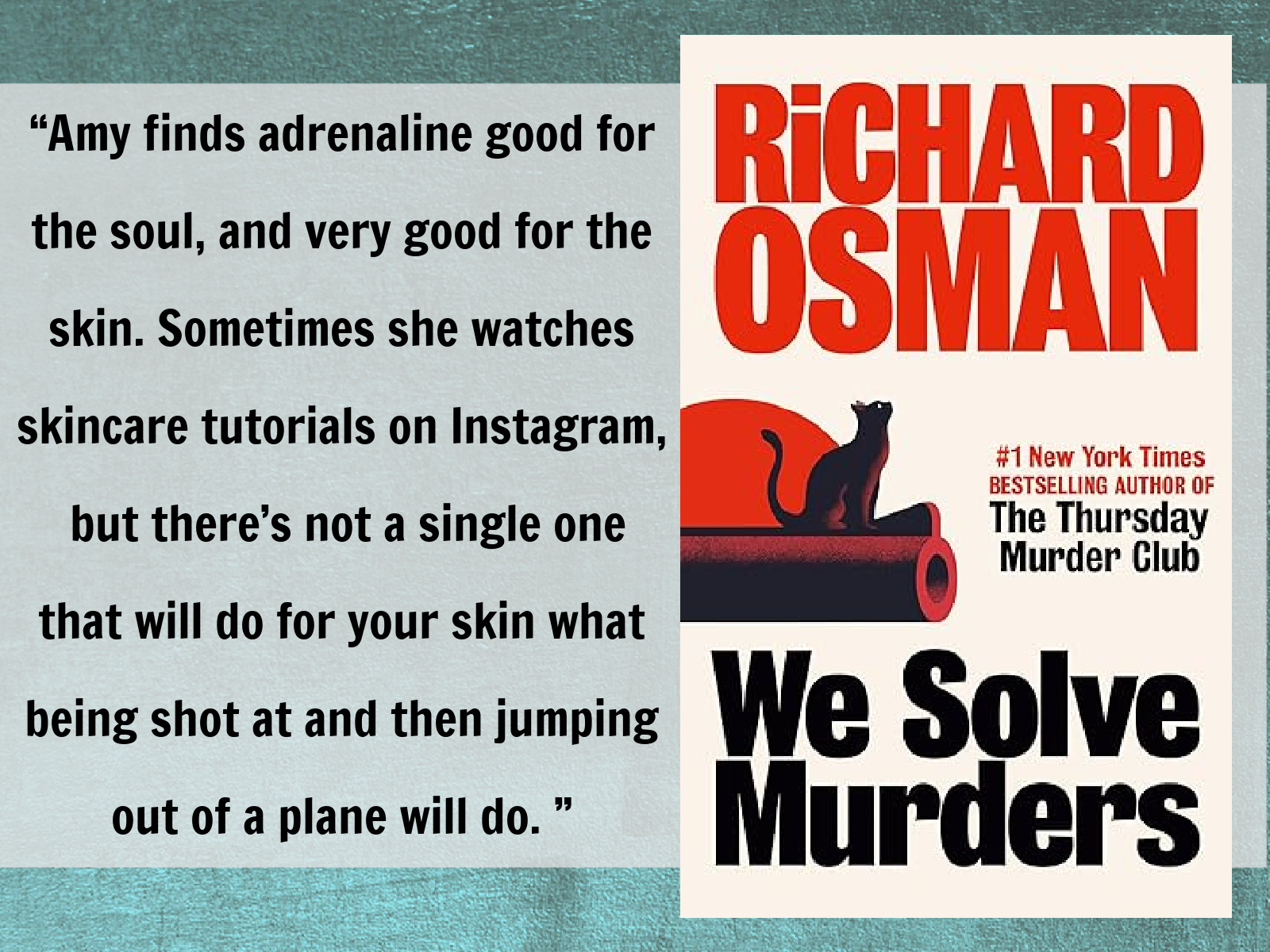
What have you been reading and loving lately? I’d love to hear about all your recent reads!